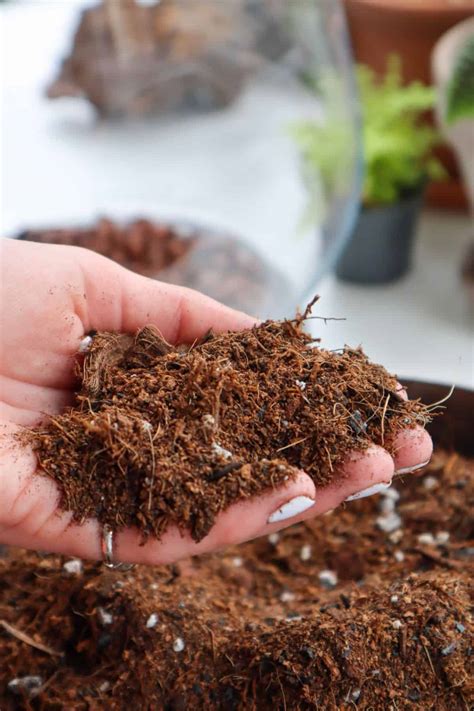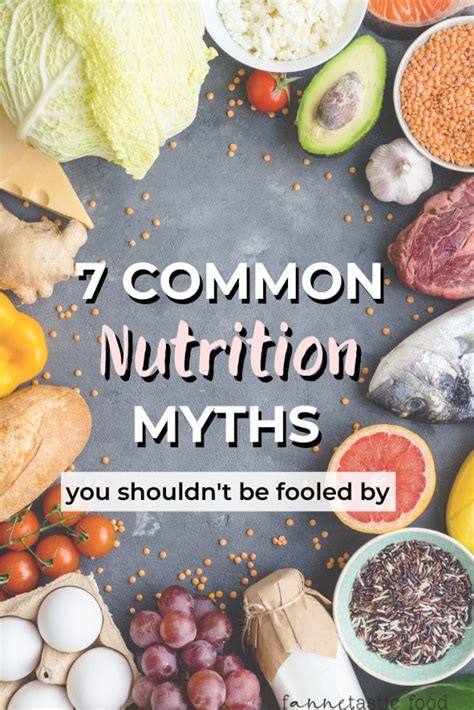Introduction
Birds, with their captivating songs, vibrant plumage, and intriguing behaviors, have always held a special place in our hearts. As responsible pet owners or backyard bird enthusiasts, ensuring the well-being of these feathered friends requires a deep understanding of their nutritional needs. However, numerous myths and misconceptions surrounding bird food and nutrition persist, leading to confusion among bird lovers. This comprehensive guide aims to debunk these myths, providing you with science-backed facts to help you make informed choices about your bird’s diet.

Myth 1: All Birds Can Eat the Same Food
Fact: Different bird species have varying dietary requirements based on their size, habitat, and foraging behavior. Seed-eating birds like finches and sparrows require a diet rich in grains and seeds, while insect-eating birds such as bluebirds and flycatchers rely heavily on protein sources like worms and insects. Providing a diverse diet tailored to your bird’s specific needs is crucial for their overall health and vitality.
Myth 2: Bread is a Healthy Treat for Birds
Fact: While bread may seem like a convenient and cost-effective treat, it offers little nutritional value to birds and can even be harmful in excess. The high carbohydrate content can lead to weight gain, digestive issues, and increased susceptibility to diseases. Instead, opt for nutrient-rich treats like fruits, vegetables, and mealworms.
Myth 3: Birds Need Unlimited Access to Food
Fact: Overfeeding can be as detrimental to birds as underfeeding. Providing constant access to food encourages overconsumption, leading to obesity, liver problems, and other health issues. A well-balanced diet should be offered at regular intervals, allowing your bird ample time to digest and utilize the nutrients.
Myth 4: Wild Birds Don’t Need Supplementation
Fact: While wild birds can find sustenance in their natural environment, supplemental feeding can provide essential nutrients that might be lacking in their diet. Offering a variety of high-quality birdseed blends, nectar feeders, and suet cakes can enhance their overall health and well-being, especially during harsh weather conditions.
Myth 5: Homemade Bird Food is Always Superior
Fact: While preparing homemade bird food can be a fun and rewarding experience, it’s essential to proceed with caution. Unbalanced or contaminated homemade mixtures can pose significant health risks to birds. If you choose to make your own bird food, ensure you use high-quality ingredients and follow reputable recipes from trusted sources.
Myth 6: Birds Can’t Digest Salt
Fact: Birds have a low tolerance for salt, but they can safely consume small amounts as part of a balanced diet. Commercial birdseed blends and certain fruits, such as bananas and berries, contain trace amounts of salt. However, excessive salt intake can lead to dehydration, electrolyte imbalances, and other health problems. Avoid offering salty treats to birds and ensure their water supply is always fresh.
Myth 7: Birds Don’t Need Water
Fact: Contrary to popular belief, birds require access to clean, fresh water as much as food. Water aids in digestion, regulates body temperature, and supports various physiological functions. Providing a shallow water dish or a birdbath in your bird’s environment is essential for their well-being.
Myth 8: Vitamins and Supplements Are Unnecessary for Birds
Fact: While a balanced diet should provide most of the nutrients your bird needs, certain situations may warrant supplementation. Birds under stress, recovering from illness, or experiencing specific nutritional deficiencies may benefit from additional vitamins, minerals, and probiotics. Consult with a veterinarian to determine if supplementation is appropriate for your bird’s individual needs.
Myth 9: Birds Can’t Taste Spicy Foods
Fact: Birds have taste buds that can detect a wide range of flavors, including spicy ones. However, most birds avoid consuming spicy foods as they can irritate their sensitive digestive systems. Offering spicy foods to birds can cause discomfort and digestive distress.
Myth 10: Birds Can Only Eat Seeds
Fact: A diverse diet is essential for optimal bird health. While seeds are a common component of bird food blends, they should not constitute the sole source of nutrition. Birds also benefit from fruits, vegetables, insects, and other natural food sources. Providing a variety of foods ensures they receive the full spectrum of nutrients they need to thrive.
Additional Tips for Feeding Birds
- Observe your bird’s feeding habits and adjust the amount of food offered accordingly.
- Store birdseed properly in airtight containers to prevent spoilage and mold growth.
- Clean bird feeders and water dishes regularly to prevent the spread of bacteria.
- Avoid feeding birds human food scraps or processed foods.
- Provide a variety of food sources to cater to your bird’s specific dietary needs.
Conclusion
Dispelling these myths about bird food and nutrition empowers you with the knowledge to make informed choices that promote the health and well-being of your feathered companions. Remember, every bird is unique, so tailoring their diet to their individual needs is paramount. By adhering to science-backed facts and following the tips outlined in this guide, you can ensure your birds receive the optimal nutrition they need to live long, healthy, and fulfilling lives.





















